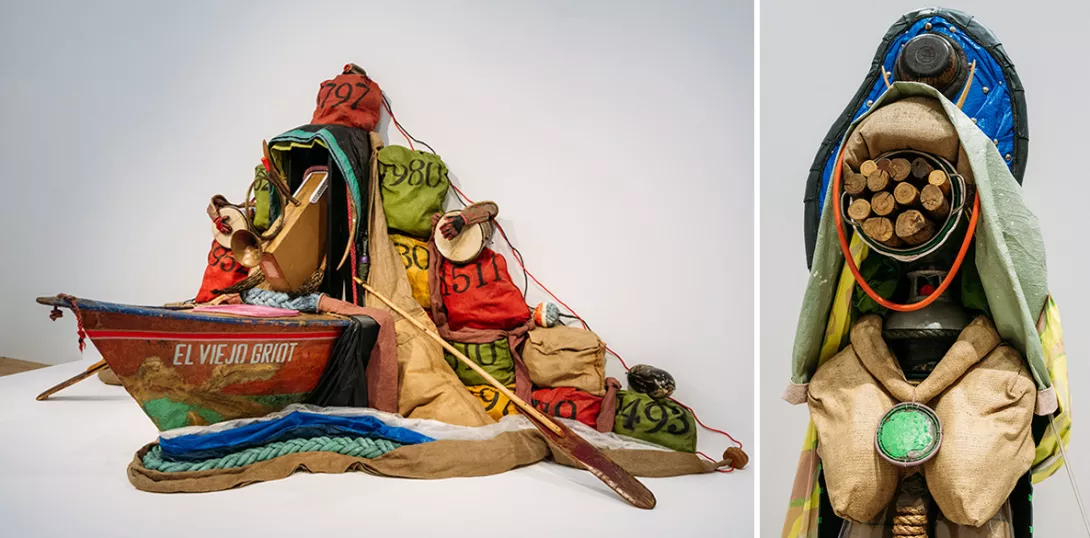ANDY HEDGECOCK relishes two exhibitions that blur the boundaries between art and community engagement
It’s not what you say, it’s the way that you say it
GORDON PARSONS relishes a play that reveals how language carries much more than simple communication
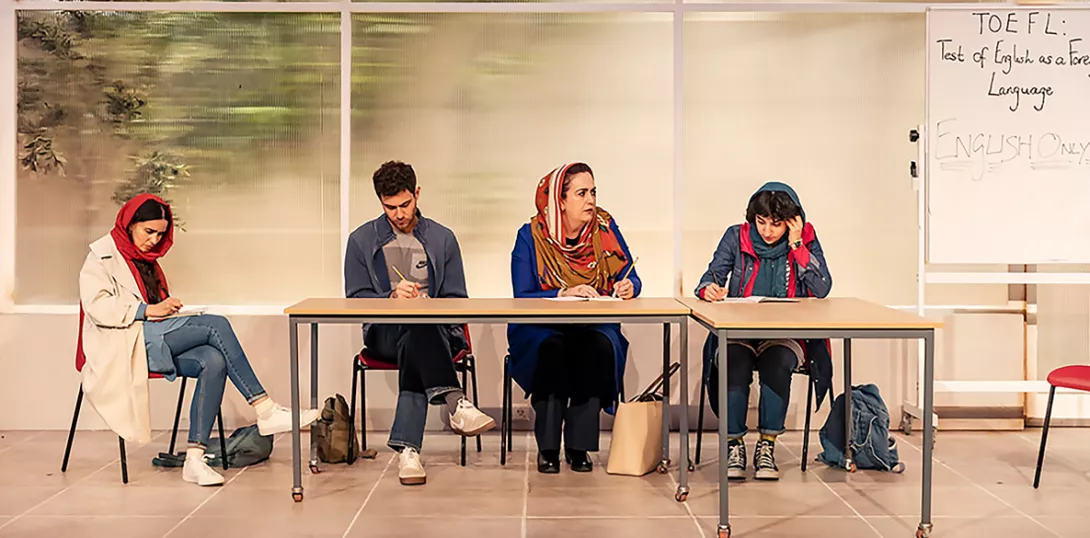
English
The Other Place, Stratford-upon-Avon
WITH language at the centre of current battles, not only with gender identity issues but also within our phoney culture wars, Iranian-American dramatist Sanaz Toossi’s Pulitzer Prize-winning play arrives in Britain spot on cue.
Set in an Iranian TOEFL (Test of English as a Foreign Language) classroom, a mixed group of four adult students engage with their linguistic struggles under the demands of their enthusiastic anglophile teacher who insists they communicate only in English.
More from this author

GORDON PARSONS recommends an ideal introduction to the writer who was first to give the English a literary language
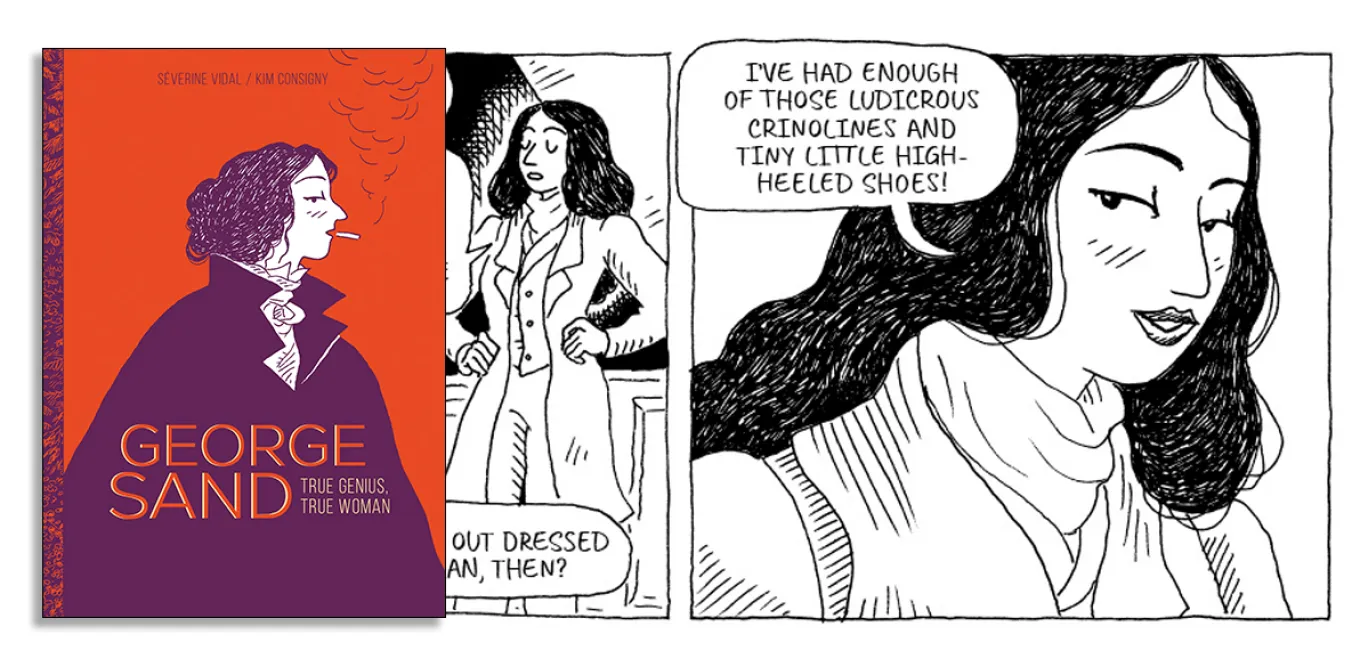
GORDON PARSONS welcomes a graphic biography of George Sand, the most popular French novelist in 19th-century Britain
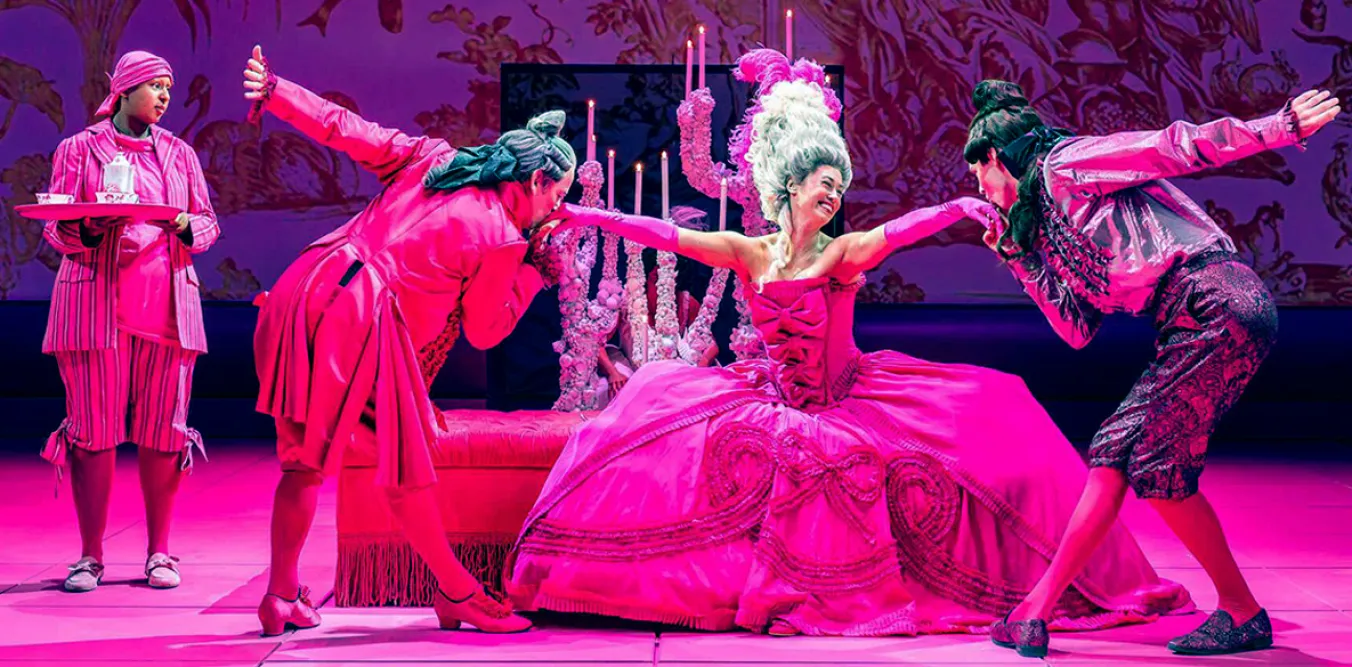
GORDON PARSONS relishes a fast moving production of Sheridan’s comic masterpiece
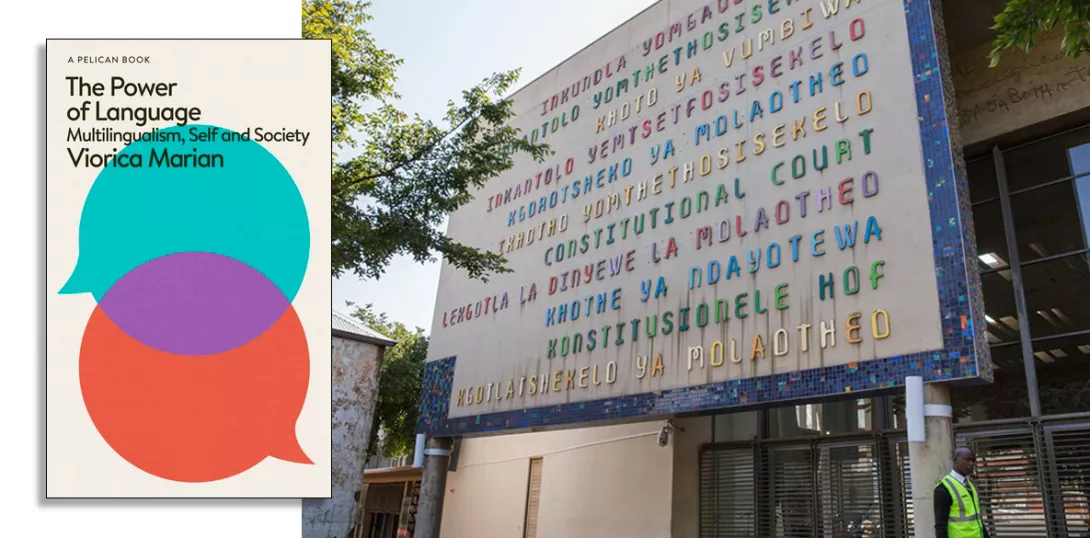
GORDON PARSONS appreciates a very necessary exploration of the benefit of knowing more than one language
Similar stories

GORDON PARSONS applauds a production which turns a Jacobean obscurity into a dreamlike journey

GORDON PARSONS is glad to have his mind taken off the election by a perfectly pitched farce
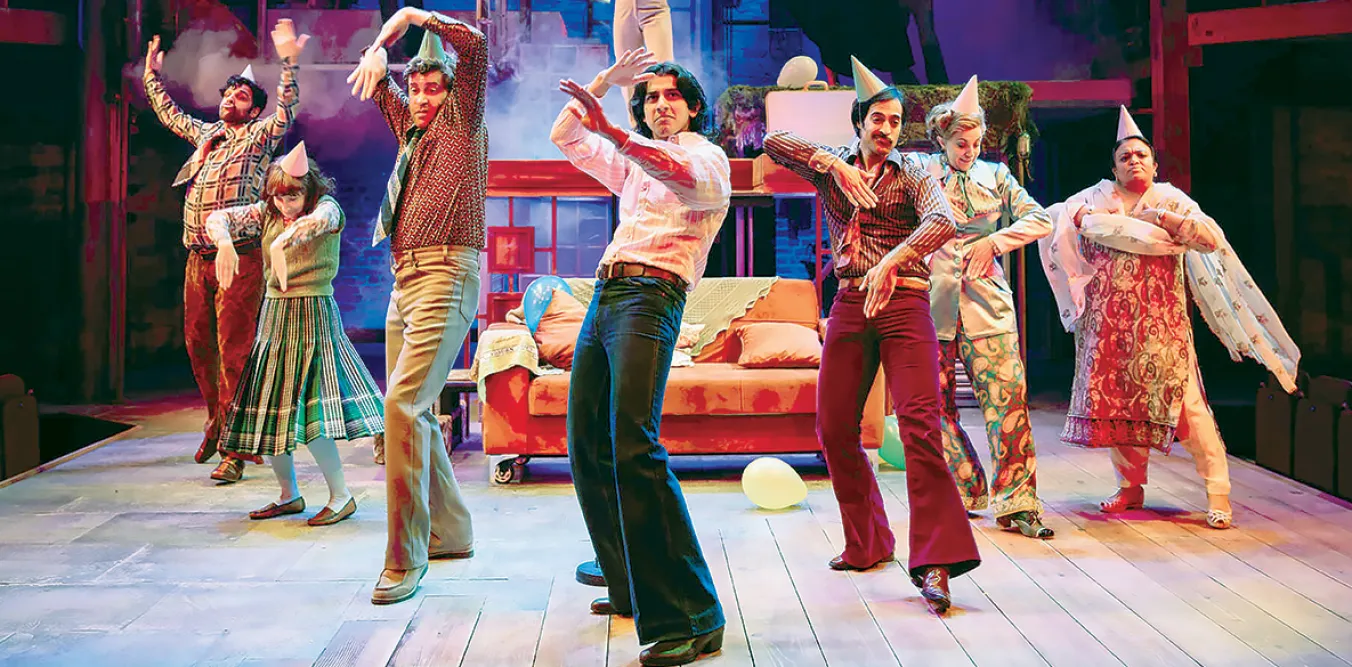
GORDON PARSONS highly recommends a delightful production of the classic novel that emanates a sense of warmth and love

Transmorphed into a romp in the Caribbean, the play effortlessly wins over the audience, writes GORDON PARSONS


